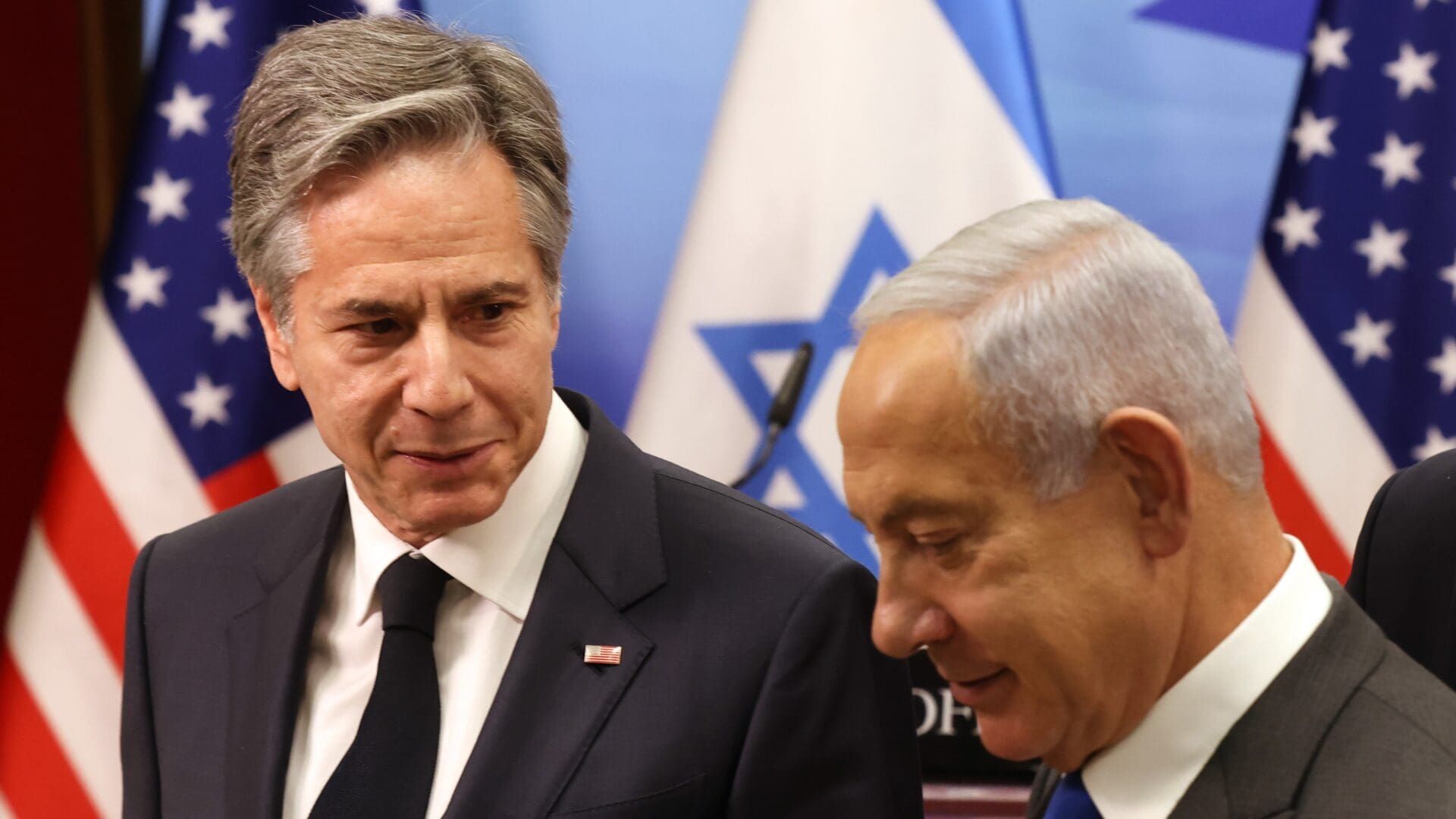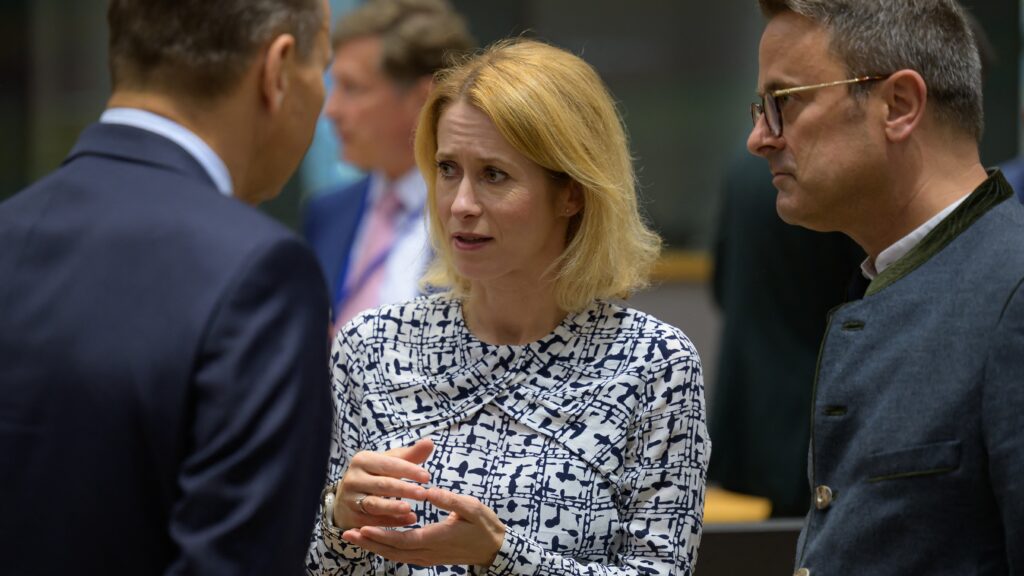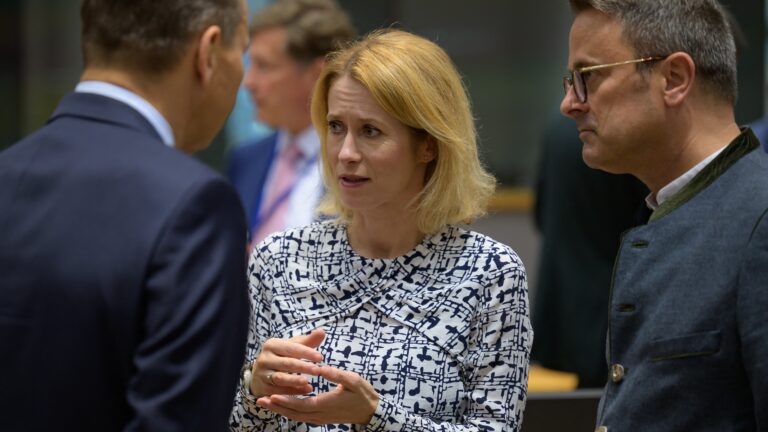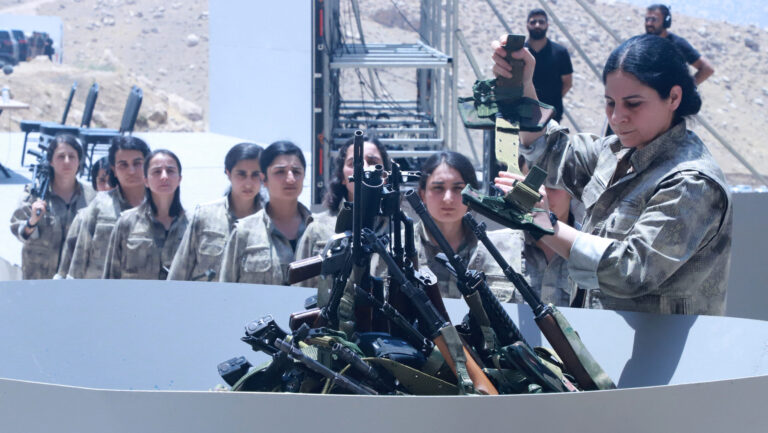Washington’s expectation to support Ukraine with defence capabilities is weighing more heavily on Jerusalem. Although the United States has been badgering its Middle Eastern ally on this issue for months, Antony Blinken’s trip to Israel in late January was the first time that US’s request was made so publicly and at such a high level.
On 30 January, US Secretary of State Antony Blinken made an official visit to Israel. It was the most high-level meeting between the two countries since Benjamin Netanyahu returned as prime minister in December. Mr Blinken arrived in Israel at an even more turbulent time than usual. Escalating contention between the Palestinians and the Israeli security forces had reached its apex just before Blinken’s arrival, with seven Israeli civilians killed and several others injured in two terror attacks in Jerusalem, amid growing Palestinian unrest and IDF counter-terrorism operations. Blinken condemned the terrorist attacks and called on the Israeli prime minister to prevent a spiral of violence although he did not offer any practical proposals as to how to curb growing Palestinian terrorism. Blinken reiterated America’s continued commitment to a two-state solution, the realisation of which has perhaps never been so far away.
Although the escalating tension cast a shadow over Blinken’s trip, the Secretary of State did not miss the chance to address other key issues. In a joint press conference with the Israeli premier, Blinken also spoke on Israeli security aid to Ukraine.
‘Tehran’s deepening ties with Moscow and the sophisticated weaponry that they’re exchanging to enable one another’s aggression are among the many reasons that we’ve raised with Israel the importance of providing support for all of Ukraine’s needs—humanitarian, economic, and security—as it defends its people against Russia’s brutal war of aggression,’ Mr Blinken argued.
Although the United States has been putting pressure on its Middle Eastern ally on this issue for months, this was the first time that a high-ranking US official publicly voiced the US expectation of more assistance from Israel to Ukraine.
Israel’s Position
Since the beginning of the war, the Israeli government has consistently resisted pressure from both the United States and Ukraine to supply arms to the beleaguered country, for which it has faced criticism at home and abroad as well. Benjamin Netanyahu has not changed this position since the formation of his government in December and has stressed that, like the Bennett-Lapid government, he does not intend to supply arms to Kyiv, in view of Israel’s security interests. Israel has given Ukraine humanitarian aid including food and medicines while providing defensive equipment such as helmets and bulletproof vests for medical teams. Netanyahu has pledged to continue to give this kind of aid to the war-torn country.
It is worth recalling Blinken’s last visit to Israel, which was on 26 March 2022, just a month after Russia invaded Ukraine. During his meeting with then Prime Minister Naftali Bennett, Blinken expressed his gratitude for Israel’s humanitarian aid to Ukraine, including tons of food, medicine, generators, and the installation of a field hospital. In comparison, Blinken’s current statements seem a bit of a contrast to last year’s appreciative tone.
According to Israel’s critics, the Jewish state is reluctant to send weaponry to Ukraine because of the ‘illiberalism’ they share with Russia. According to a recent Foreign Policy analyis, Israel has been playing ‘a double game’ ever since the invasion, ‘offering rhetorical support for Ukrainian independence and providing humanitarian aid to Kyiv…The Israelis…are scrupulously avoiding any policies that will damage Jerusalem’s ties to Moscow.’ Quite astonishingly, the author of the article even suggested that Israel is essentially ungrateful to the US that has been providing it with enormous military assistance for decades.
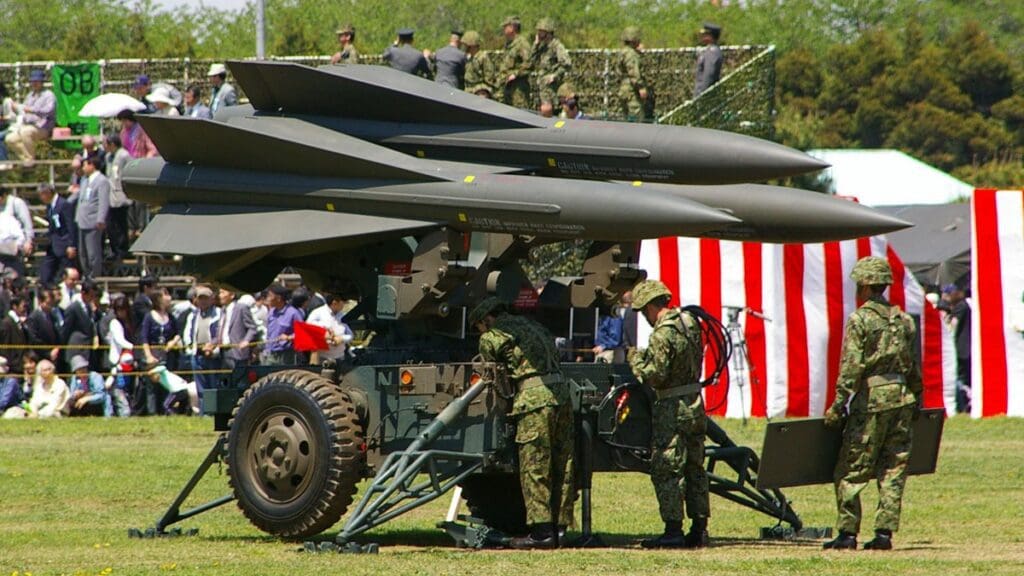
In reality, Israel has major reasons why it has so far refrained from providing advanced weaponry and defensive weapon systems to Ukraine. Namely avoiding such a clash with Russia that could harm Israel’s security interests by losing freedom of operation in Syria. Russia still has great influence in Syria, including over the country’s airspace. Israel needs the ‘inaction’ of Russian forces to carry out air strikes against Iranian activities (e.g. arms supplies) in the region threatening Israel’s security. Furthermore, the security of the Jewish diaspora in Russia is also a concern for Jerusalem when it comes to changing its stance on aiding Ukraine.
Indirect Assistance
Despite Israel’s firm rejection, of course, it cannot be excluded that Israeli weapons and defence equipment could still make their way into Ukraine. In September, the Times of Israel reported that anti-drone systems – which can intercept and disrupt unmanned aerial vehicles – could have reached the fronts in Ukraine by a way of Poland. Israeli Government and Defence Ministry appeared to turn blind eye to the otherwise forbidden sale.
Israel’s ‘indirect’ assistance to Ukraine also needs to be mentioned. On 29 January, a drone attack hit a military factory in Isfahan, Iran. Although not officially confirmed, it is likely that Israel, which has carried out covert actions against the Islamic Republic on several occasions, was behind the attack. Of course, Israel is seeking to obstruct Tehran’s nuclear programme and arms production, which provides plenty of weapons to terrorist organisations opposed to Israel, primarily for its security interests, but also indirectly to attack Russia’s internal supplier.
Following the depletion of Russian technology, it was Iran that provided Russia with its self-produced drones (Shahed-131 and Shahed-136) which contributed greatly to the destruction of Ukraine’s energy and water infrastructure. Iran has also been involved in training Russian soldiers fighting in Ukraine (possibly training drone controllers) and, according to US and UK intelligence, Russia is also claiming hundreds of Iranian ballistic weapons. Moscow and Tehran are starting joint drone production in Russia and Moscow is providing Iran with unprecedented levels of military and technical assistance, which has developed their relationship into a full-fledged defence partnership.
Using Iran as an Argument
Aware of the regional tension between Iran and Israel, Mr Blinken also tried to use Tehran’s military support for Moscow as a red line for Israel and use it as an argument to persuade Jerusalem to change its stance on supporting Ukraine. In October the Ukrainian government sent an official request to Israel for air defence systems, Axios reported. Similarly to Biden, the Ukrainian also tried to use the Iran card. According to the letter written by Ukrainian officials, Kyiv claimed advanced air defence systems—including the Patriot, Iron Dome, and Arrow Interceptor systems— to counter Russian missiles and drones provided by Iran attacking Ukraine’s military and civilian infrastructure as well.
The Ukrainian request is based on the consideration that the positive experience gained by Iran of using such weapons in Ukraine will lead to further improvement of Iranian systems and will increase the security threats for the State of Israel and the Middle East region.
In the same month, as a quasi-answer to the Ukrainian claims, in a meeting with EU ambassadors, then-Israeli Defense Minister Benny Gantz reaffirmed that Israel will not deliver weapon systems to Ukraine due to a variety of operational considerations.
In January Israel refused requests from the US as well, which called on to hand over ten Hawk anti-aircraft batteries and hundreds of interceptor missiles for delivery to Ukraine. Although these weapons are not in use by Israel and are stored in a warehouse, the Ministry of Defence has argued that Israel’s position on arms transfers to Ukraine has not changed.
‘Hawk systems helped to make Israel more secure throughout the Six Day War, the Yom Kippur War, and beyond. And as Russia has cruelly targeted Ukraine’s cities and civilians, we are working with our allies and partners to provide the Hawk capability to the free government of Ukraine.’ Voiced US Secretary of Defence Lloyd Austin the same request in a speech to the pro-Israel AIPAC lobby group earlier in January. And this shows that the push for Israel to change its position is going on through multiple channels in both the US and Israel. So far, Israel has rejected all such requests both from Washington and Kyiv.
More Than Smart Communication?
But increasing pressure from Kyiv and Washington seems to be finally turning the tide in Israel. Just a few hours after Blinken’s press conference, CNN aired an interview with Benjamin Netanyahu where the prime Minister sought to highlight and ‘expose’ how Israel is helping Ukraine for those who, like Mr Blinken, would expect more from the Jewish state.
Netanyahu pointed out that—without any opposition from Jerusalem—the US took 250,000 artillery shells it had prepositioned in Israel for emergency use and sent them to Ukraine. Sounding like a reference to the recent drone attack in Isfahan, Netanyahu also mysteriously hinted that Israel also ‘acts in ways that I will not itemize here against Iran’s weapons productions, which are used against Ukraine’, adding that Israel is also ‘taking action against certain weapons development’ that Iran is engaging in for export.
But what was more striking in the interview was that Mr Netanyahu said that Israel was considering providing weapon systems—perhaps the Iron Dome—to Ukraine. It should be noted, however, that Netanyahu has pledged many times to ‘carefully consider’ Israel’s policy on Ukraine,’ but this has not been matched by any action until now. Instead, Israel continues to follow a policy of strategic neutrality, in accordance with the country’s vital interests.

